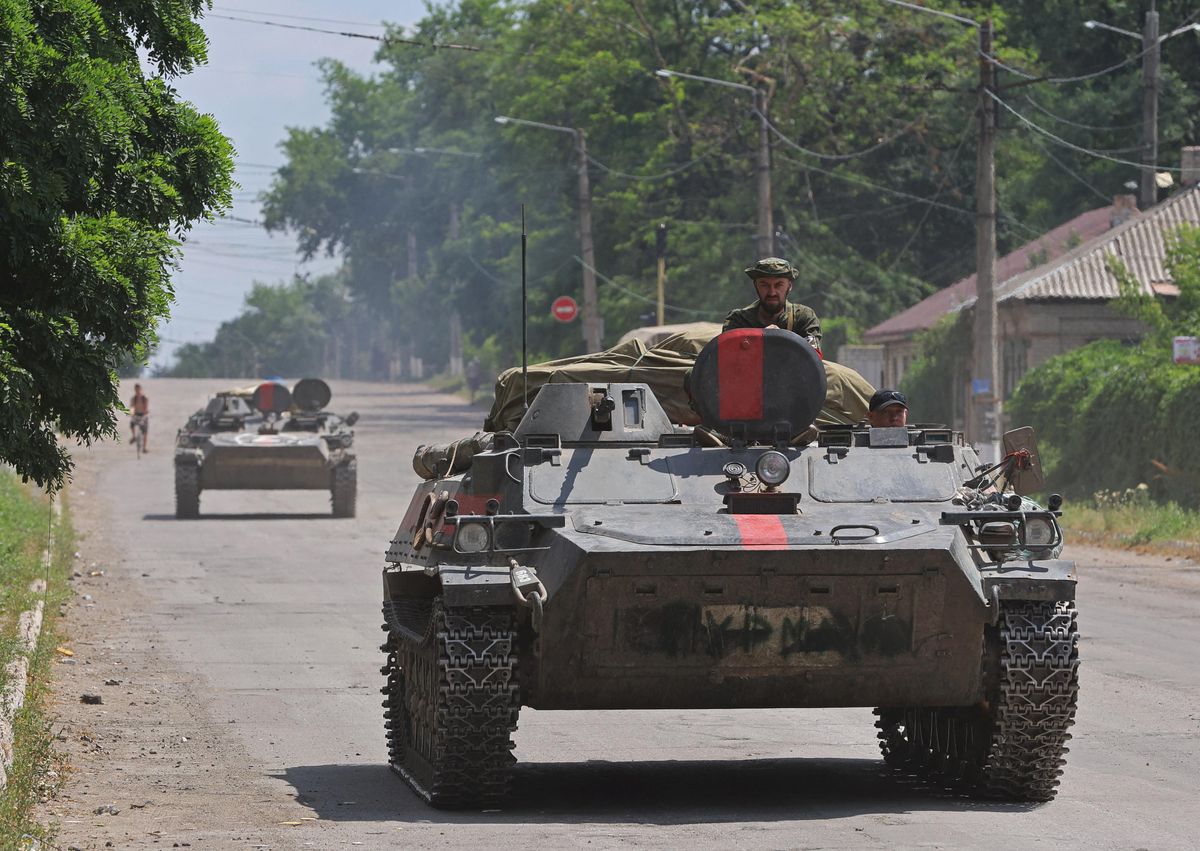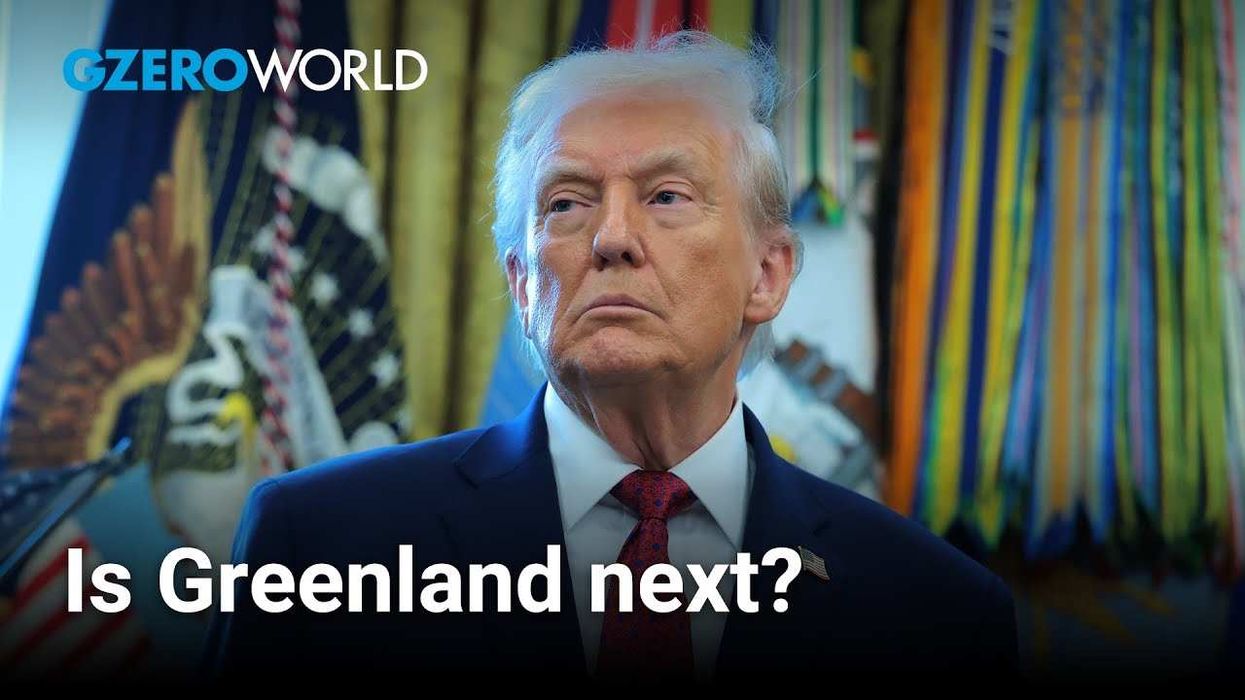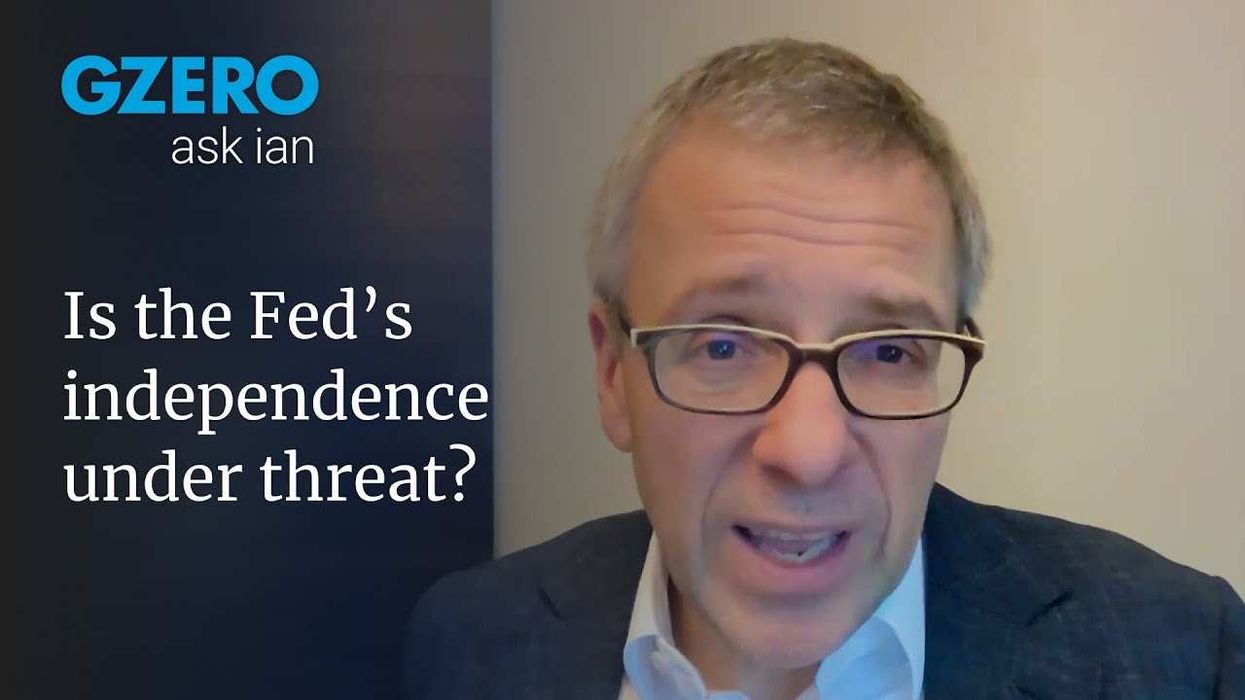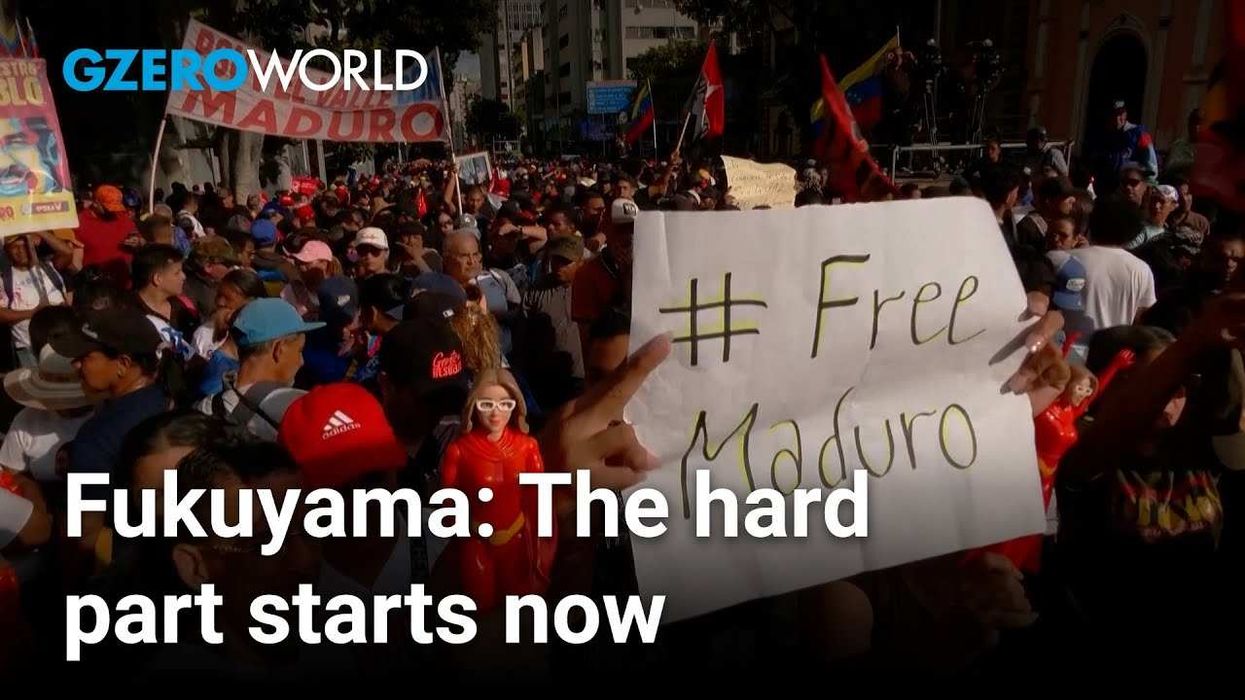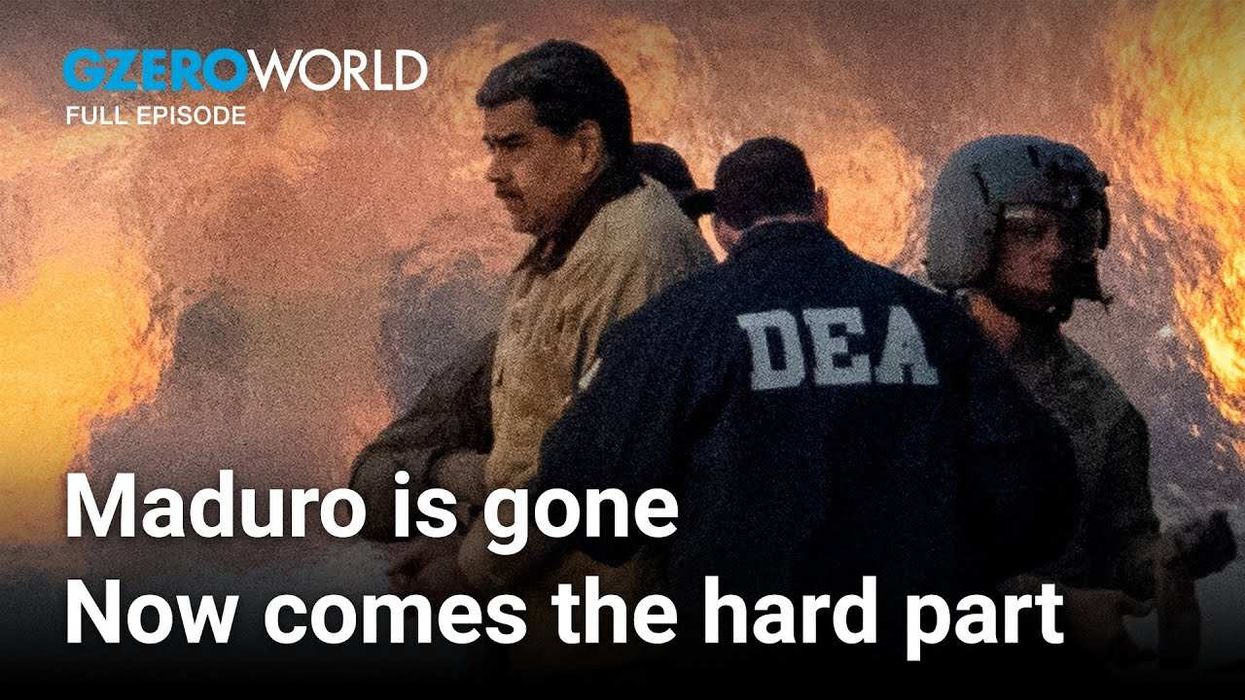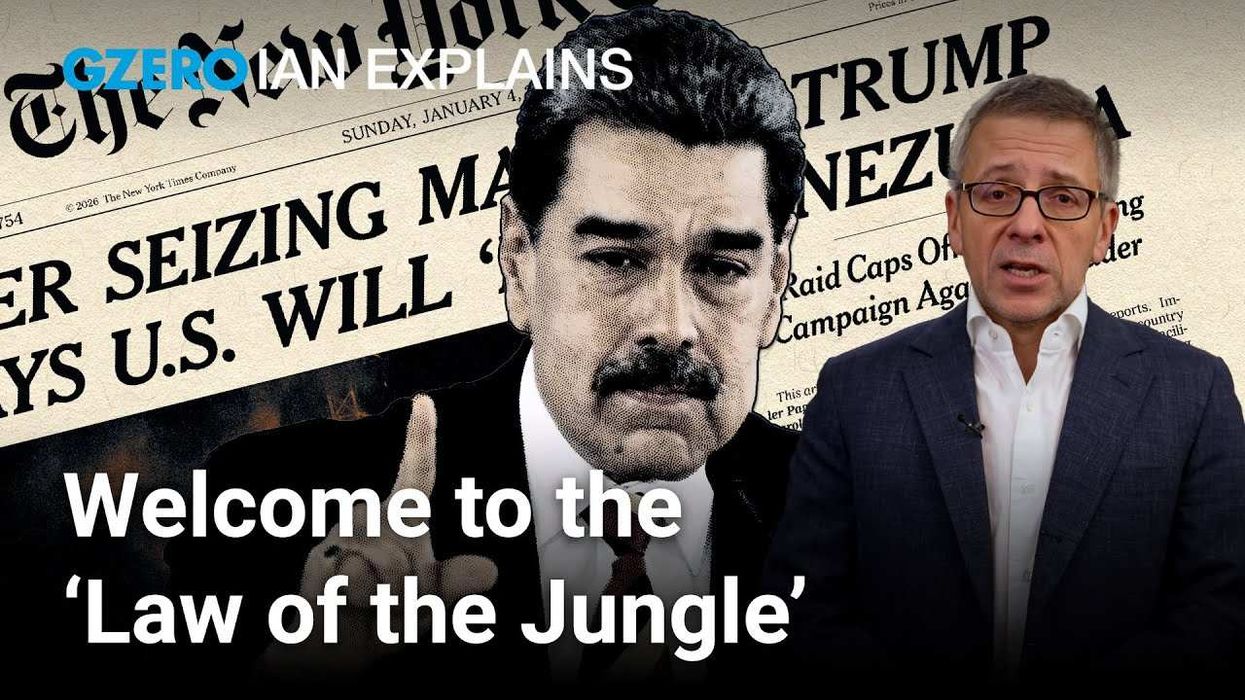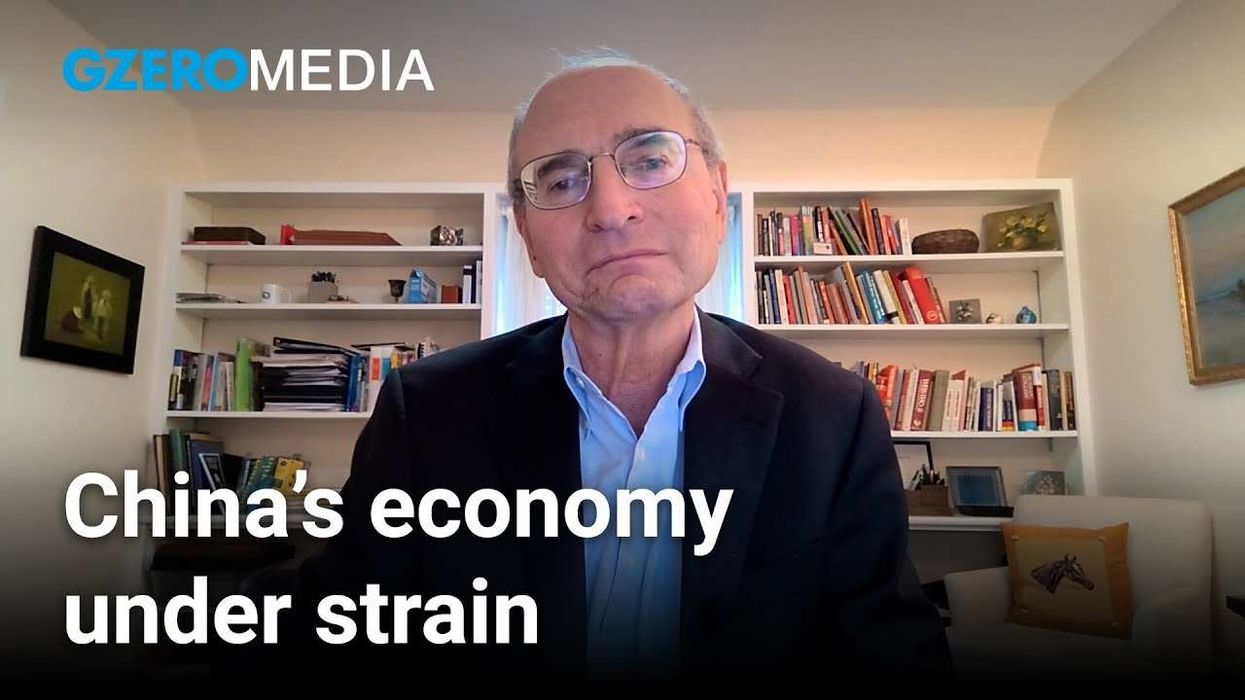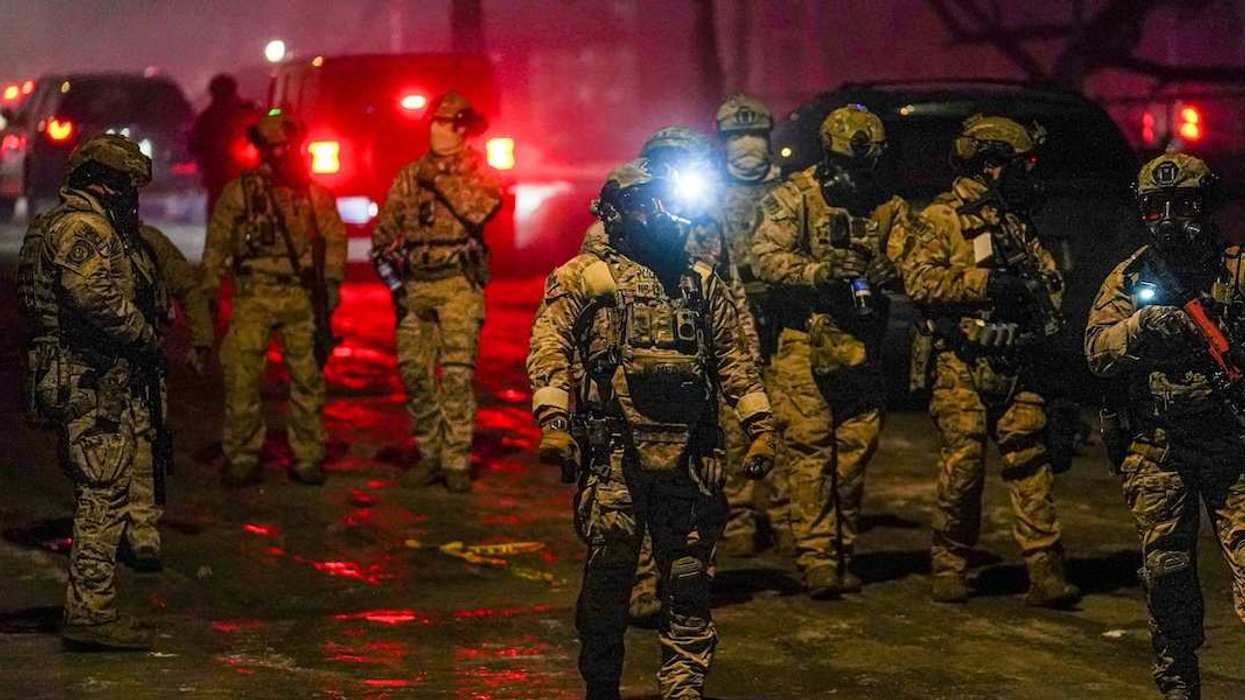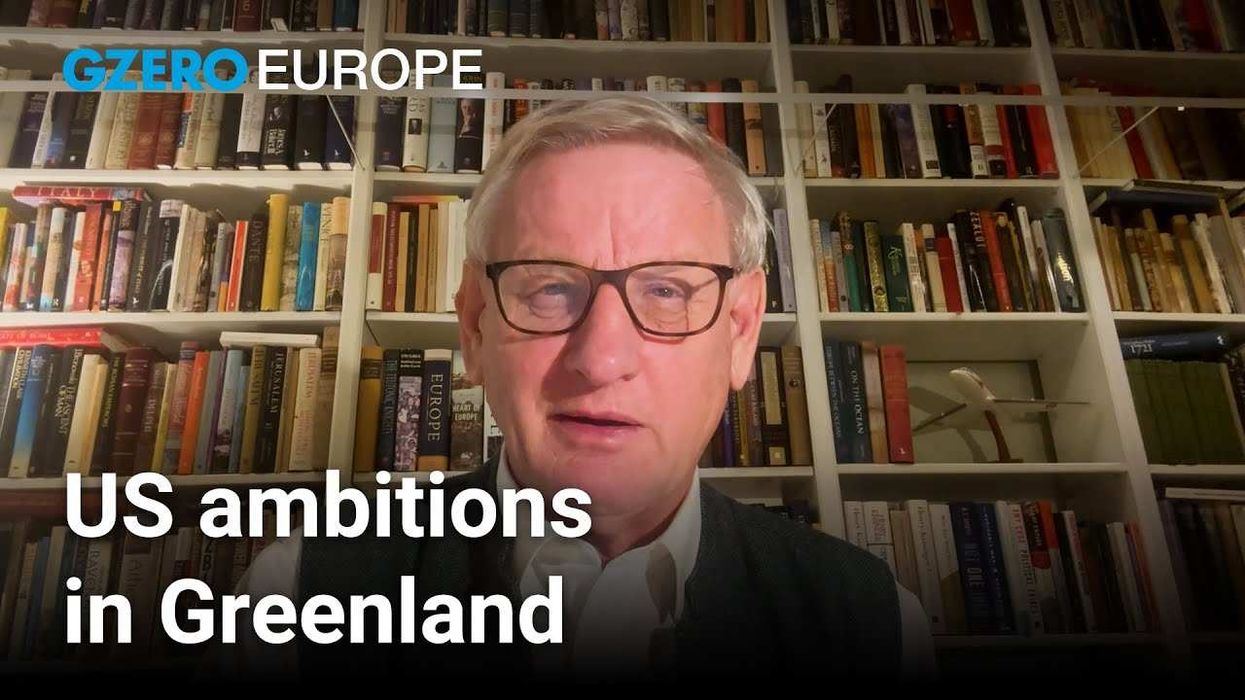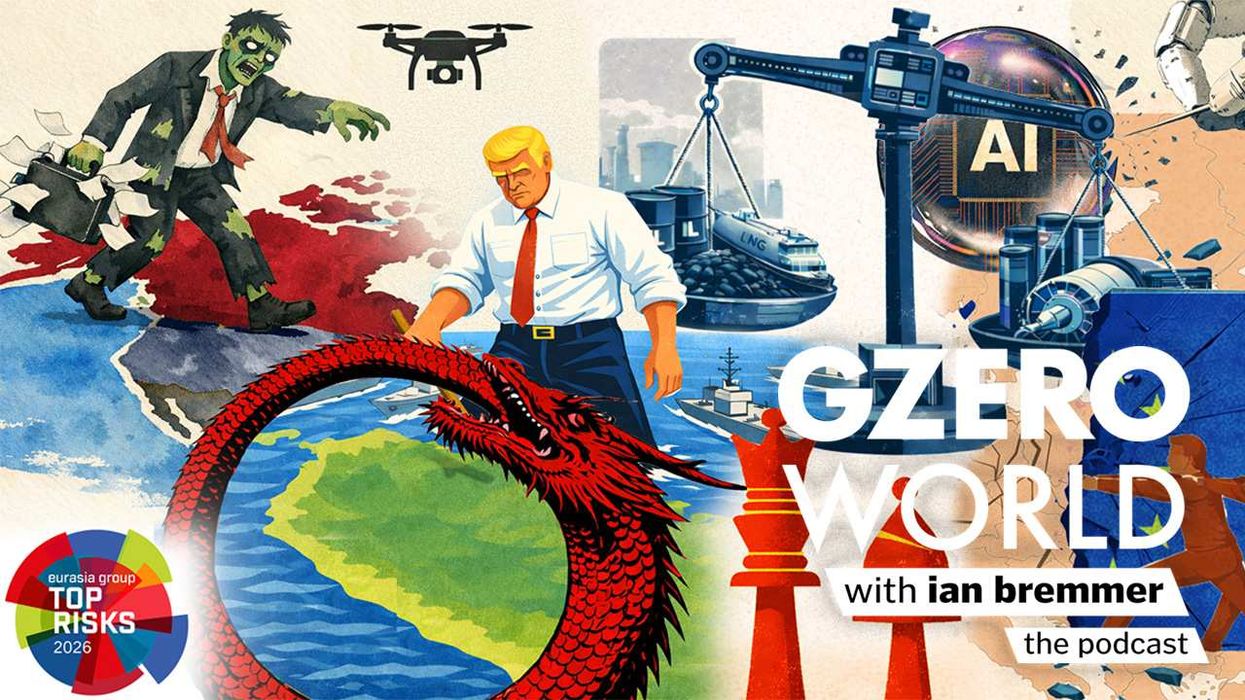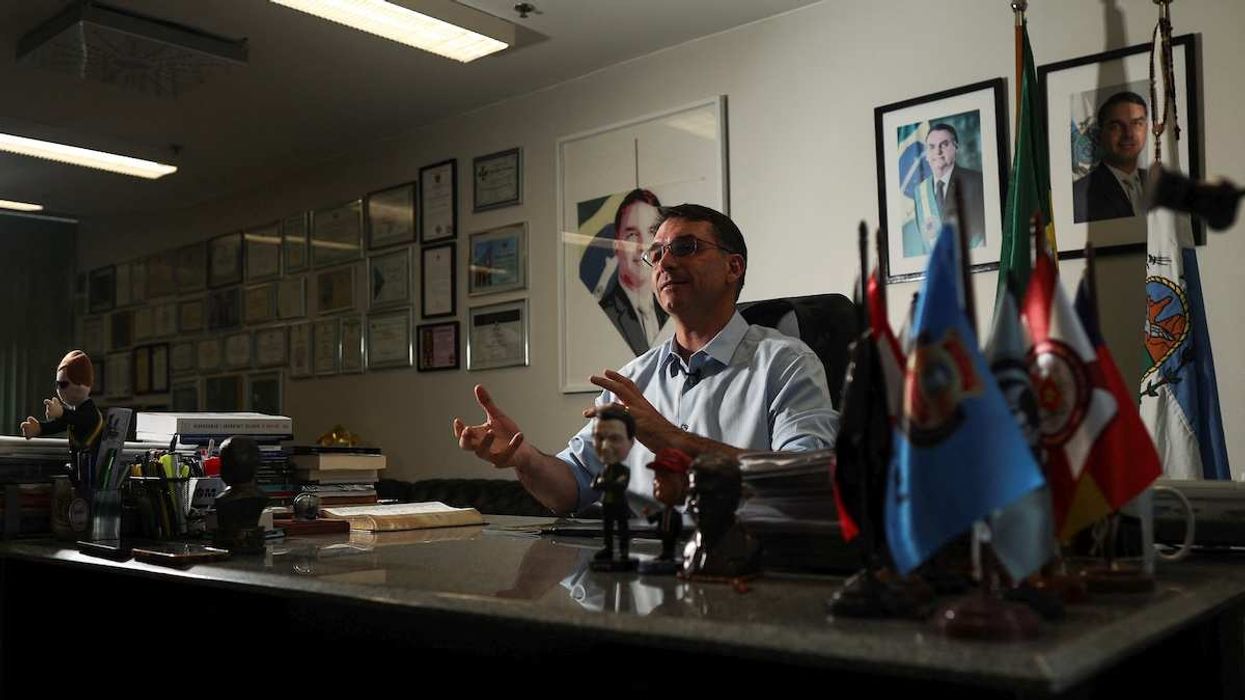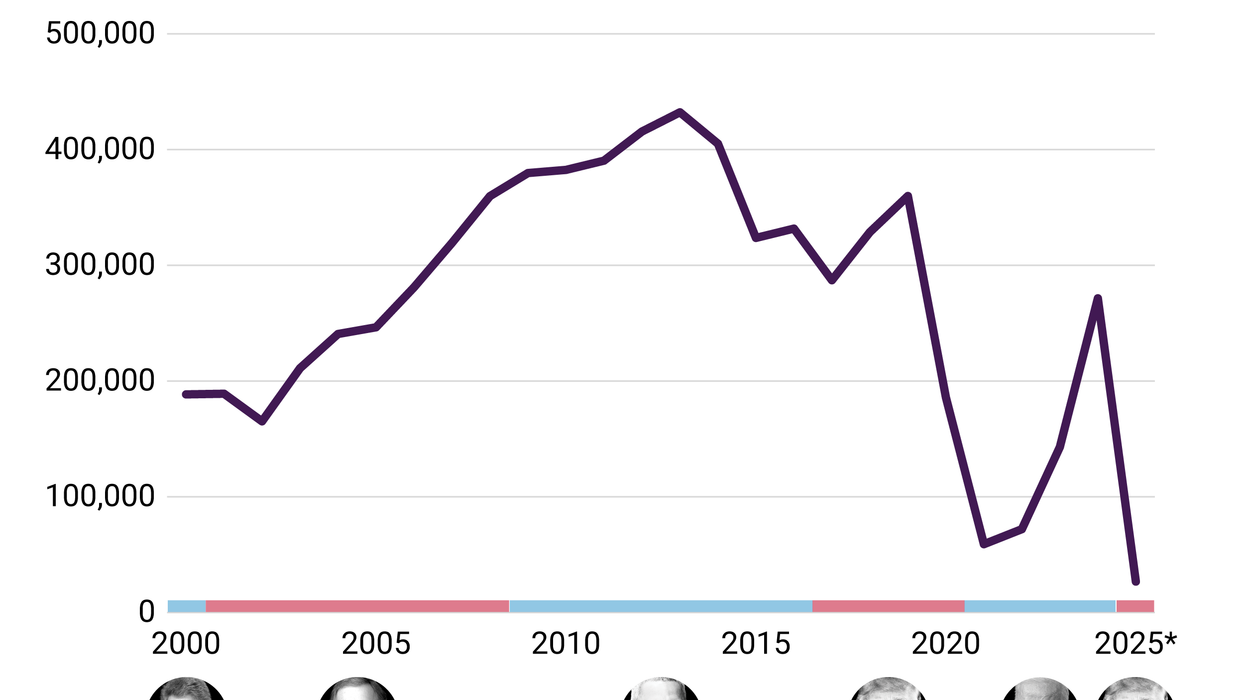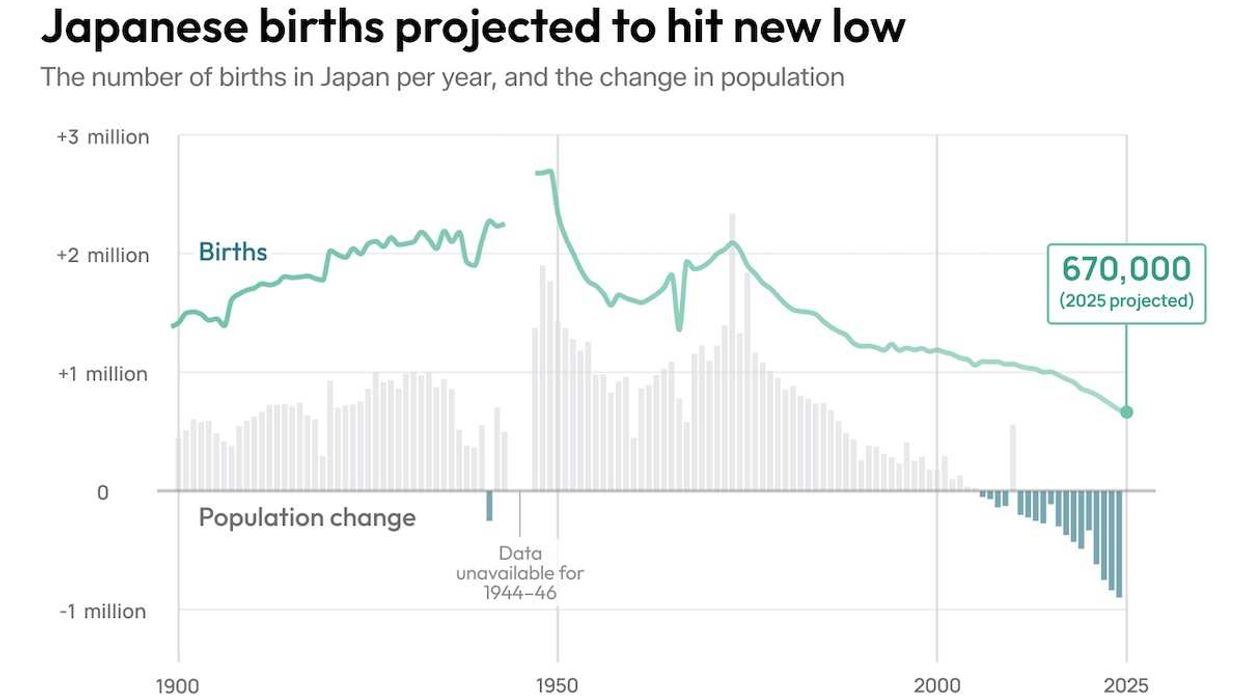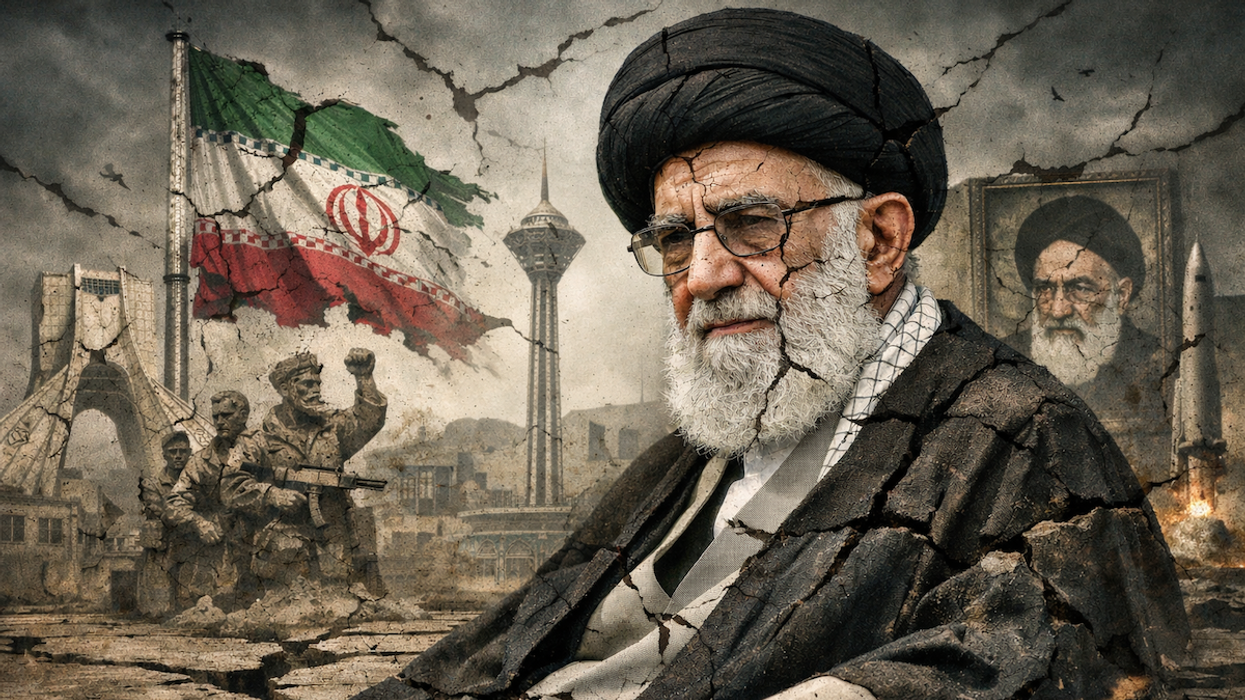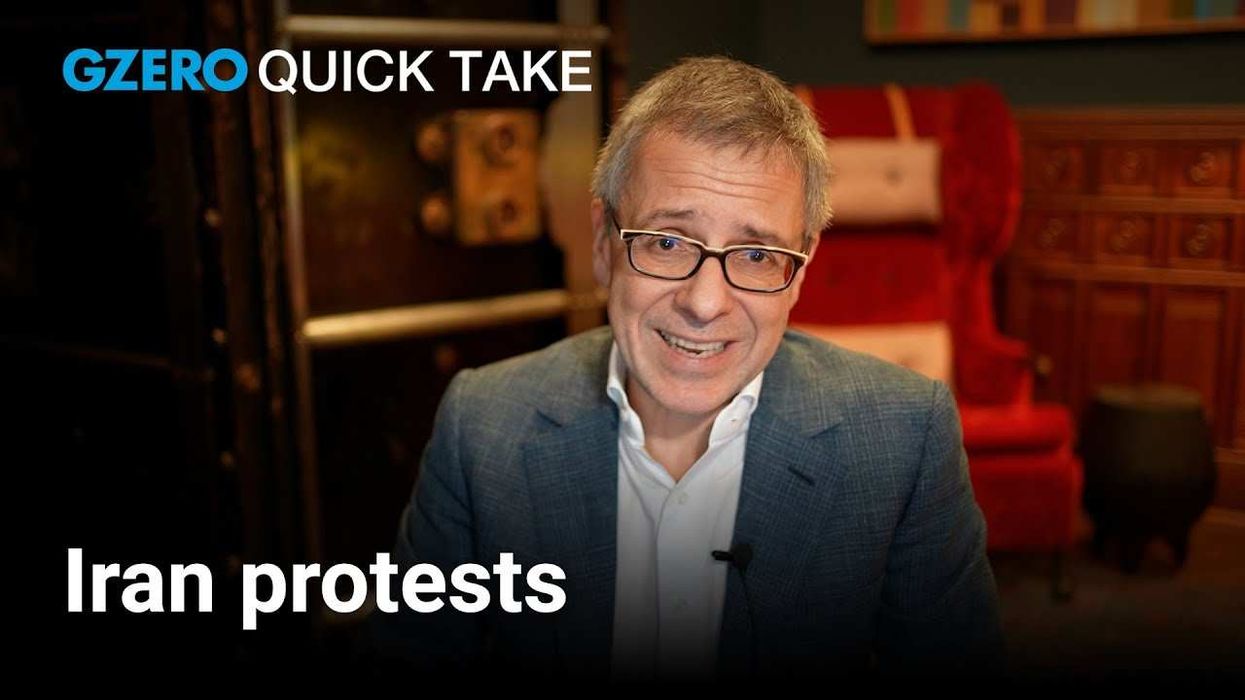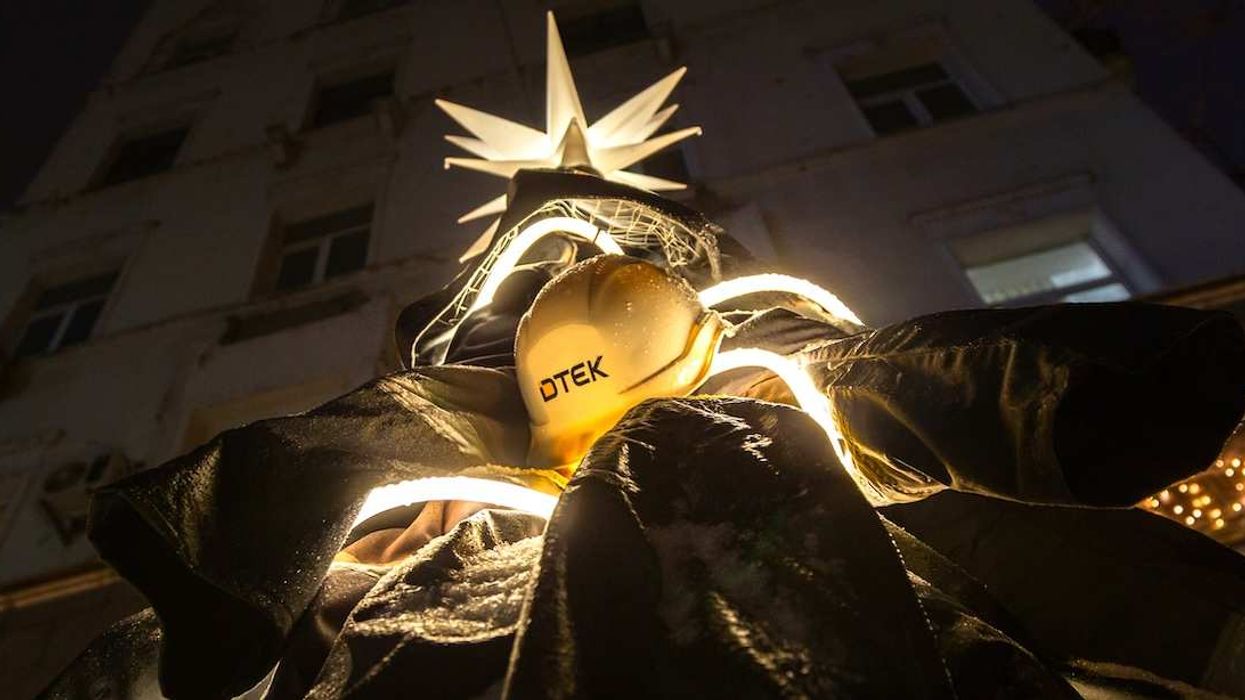Russia takes Luhansk
President Vladimir Putin declared victory in Ukraine's eastern Luhansk province on Monday, a day after Ukrainian forces withdrew from their last bastion of resistance there. Luhansk is one of two provinces — along with Donetsk — that make up the Donbas region, where Moscow-backed separatists have been fighting the Ukrainian army since 2014. Capturing Luhansk will free up the Kremlin's military resources to attack Donetsk, about half of which is now under Russian control. Seizing the entire Donbas would be a big win for Russia that some analysts predict might lead to Putin declaring a unilateral ceasefire. Over time, the Russian leader may hope this will dampen Western support for Ukraine and for sanctions against Russia. For his part, Ukraine's President Volodymyr Zelensky recognized the defeat but vowed to continue fighting to reclaim the territory. Although that seems unlikely in the near term, perhaps Zelensky is buying time so he can secure more weapons from his Western allies to mount a counter-offensive against the Russians. Now that the war increasingly looks like it's headed to a deep freeze in the Donbas, both sides are signaling that they intend to play the long game.
Sri Lanka grinds to a halt
Earlier this year, we warned that Sri Lanka's debt crisis could get really bad. By that we meant that the island nation would default, cutting it off from the foreign credit it needs to save its COVID-battered economy from collapse. Since then, the situation has deteriorated both economically and politically, and now Sri Lanka has run out of fuel to keep the lights on in all but essential services. On Monday, the country had less than a day's worth of fuel, and the next shipment wasn't expected for another two weeks. The government is scrambling to get emergency supplies from Malaysia and Russia, drawing from a credit line backed by India, the only country that is still lending to Sri Lanka. Meanwhile, schools are closed, people are clashing outside gas stations, and embattled President Gotabaya Rajapaksa remains holed up in his palace because protesters have been blocking the entrance for two months. Last week, Sri Lanka ended 10 days of talks with the IMF without agreeing on a bailout package because Colombo won't commit to the tough reforms the lender demands. UNICEF warns that a humanitarian crisis looms.
Argentine minister throws in the towel
In a move that will likely further destabilize indebted, inflation-ridden, and politically divided Argentina, the country's finance minister resigned on Saturday. Martín Guzmán's departure was forced by differences within the ruling Peronista coalition, a leftist faction led by powerful VP Cristina Fernández de Kirchner. She wants Argentina to spend its way out of the economic crisis, while the moderate Guzmán had pushed for cuts required by the $44 billion debt restructuring deal with the IMF the country signed earlier this year. Guzmán is the fourth cabinet member to step down in 2022, which doesn't bode well for unpopular President Alberto Fernández, who is up for re-election next year. Guzmán's resignation raises questions about the future of the IMF deal and about whether the government can do anything to tame inflation, which is expected to soon hit a whopping 70%. His replacement, Silvina Batakis, the former economy minister for Argentina's largest and richest province of Buenos Aires, is more aligned with the VP. Batakis has her work cut out for her: she needs to stop the run on the peso, which crashed nearly 15% against the US dollar on Monday.
